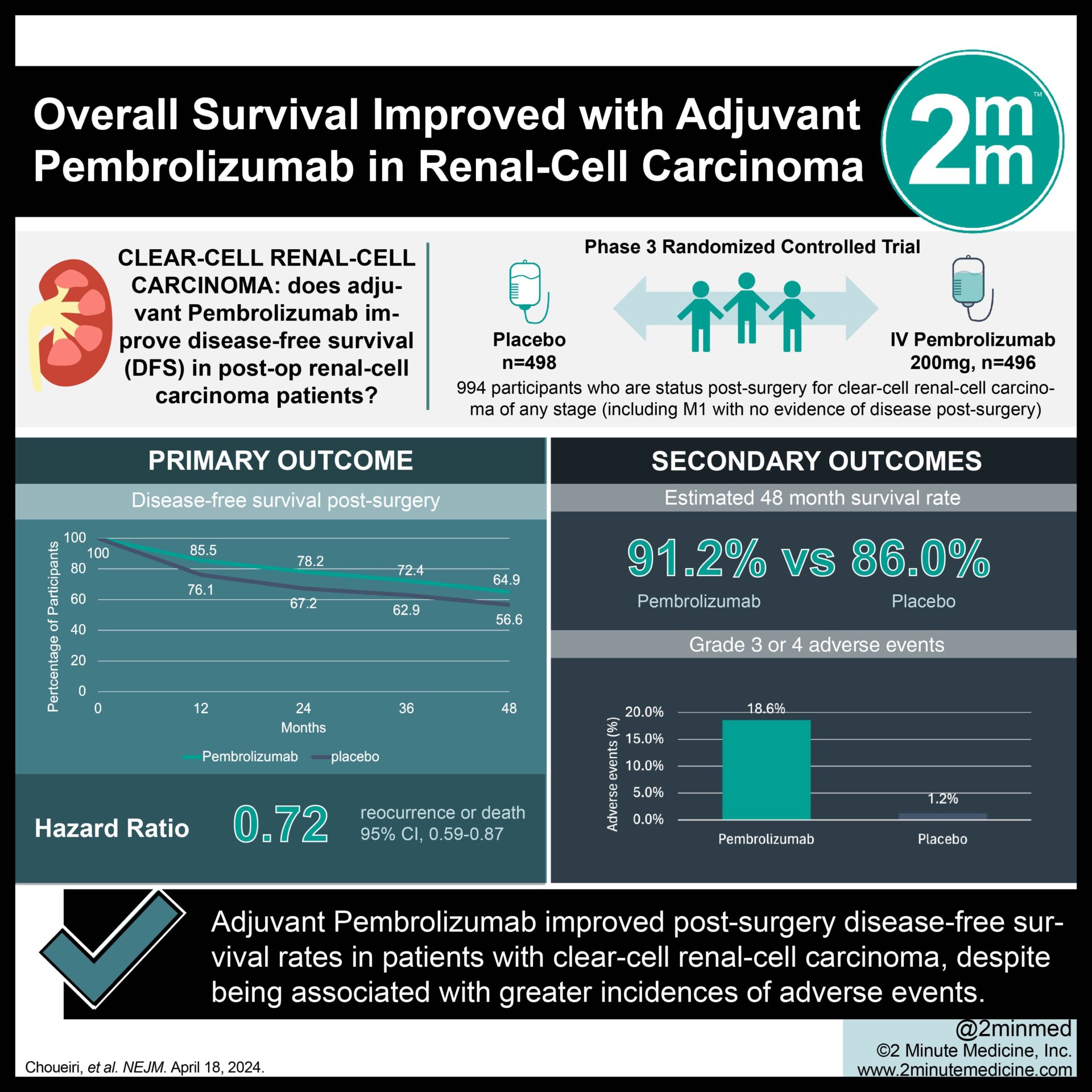Transformed follicular lymphoma (t-FL) is an aggressive malignancy that is refractory and rapidly progressing with poor prognosis. There is currently no effective treatment. High-throughput screening (HTS) platforms are used to profile the sensitivity or toxicity of hundreds of drug molecules, and this approach is applied to identify potential effective treatments for t-FL. We randomly selected a compound panel from the School of Pharmaceutical Sciences Xiamen University, tested the effects of the panel on the activity of t-FL cell lines using HTS and the CCK-8 assay, and identified compounds showing synergistic anti-proliferative activity with the Bcl-2 inhibitor venetoclax (ABT-199). Bioinformatics tools were used to analyze the potential synergistic mechanisms. The single-concentration compound library demonstrated varying degrees of activity across the t-FL cell lines evaluated, of which the Karpas422 cells were the most sensitive, but it was the cell line with the least synergy with ABT-199. We computationally identified 30 drugs with synergistic effects in all cell lines. Molecularly, we found that the targets of these 30 drugs didn’t directly regulate Bcl-2 and identified 13 medications with high evidence value above .9 of coordination with ABT-199, further confirming TP53 may play the largest role in the synergistic effect. Collectively, these findings identified the combined regimens of ABT-199 and further suggested that the mechanism is far from directly targeting Bcl-2, but rather through the regulation and synergistic action of p53 and Bcl-2. This study intended to reveal the best synergistic scheme of ABT-199 through HTS to more quickly inform the treatment of t-FL.















